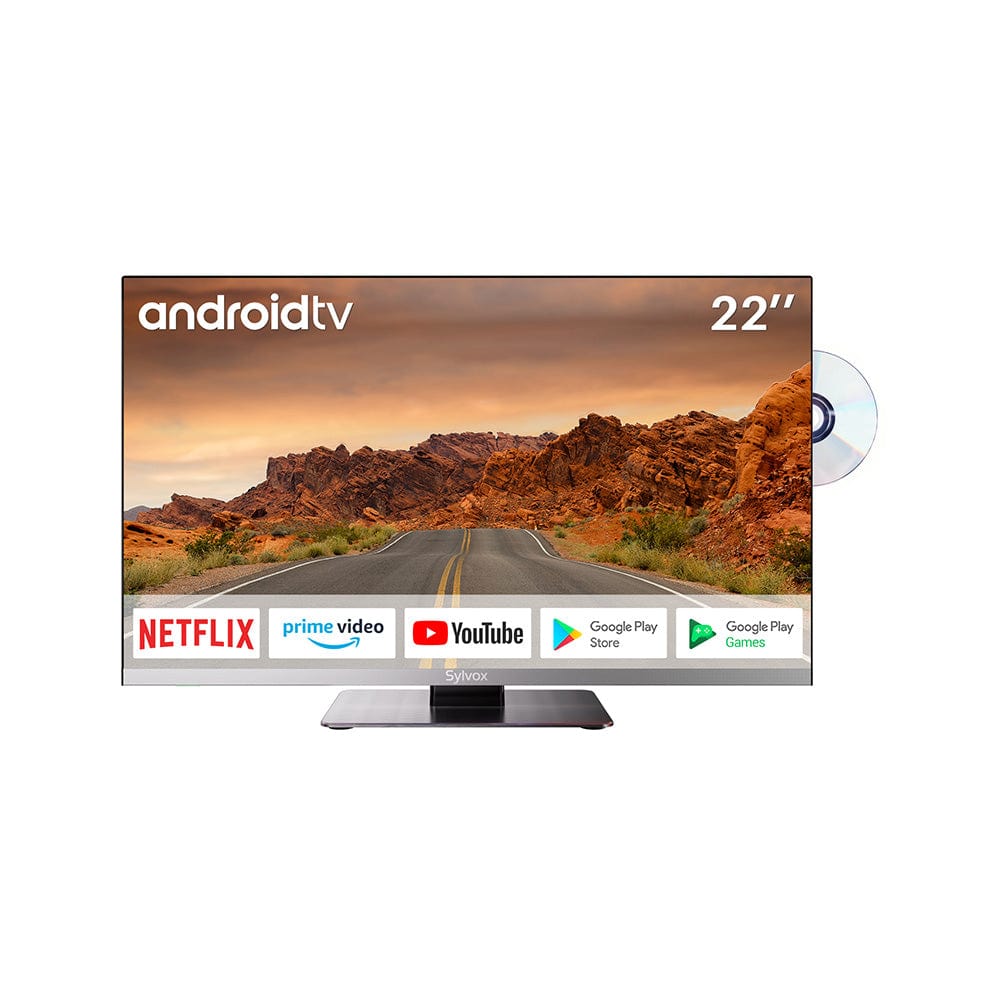Must-Knows for Outdoor TV Buyers
As the summer season approaches and people express a heightened interest in outdoor activities, the integration of an outdoor TV into your backyard environment becomes increasingly relevant. Featuring superior backlight intensity and increased durability compared to traditional 4K televisions, outdoor televisions are designed to withstand sunlight and harsh weather conditions.

The addition of an outdoor TV expands the range of entertainment options in outdoor living spaces. Whether it's a dip in the pool, a barbecue on the patio or just relaxing on the deck, family and friends can enjoy their favorite TV programs in the midst of the outdoor ambiance. The exceptional waterproofing capabilities of outdoor televisions further alleviate concerns about potential damage from prolonged exposure to direct sunlight or heavy precipitation, making it easier to use outdoor televisions year-round.

But before you rush out and buy the first outdoor TV you see, there are a few things you need to consider to make sure you're getting the right one for your outdoor oasis.
Let’s start the question: Can outdoor TVs get wet? It's a valid concern, especially when you think about unpredictable weather conditions or accidental splashes from the pool. The good news is that many outdoor TVs on the market today are specifically designed to withstand the elements, including rain, snow, and even direct exposure to water.
When shopping for an outdoor TV, it's important to look for one that is IP-rated, which stands for Ingress Protection. This rating indicates the level of protection the TV has against dust and water. For outdoor use, you'll want a TV with an IP rating of at least IP65 or higher. This means that the TV is dust-proof and protected against low-pressure water jets from any direction, so it can be installed outdoors without worrying about water damage.

But keep in mind that while outdoor TVs are designed to be weatherproof, they're not indestructible. It's still essential to take the proper precautions to protect your investment and ensure its longevity. For example, if you live in an area prone to heavy rain or storms, consider installing a protective cover or enclosure to shield your TV when it's not in use. Additionally, avoid exposing your outdoor TV to extreme temperatures or direct sunlight for extended periods of time, as this can affect its performance and lifespan.
Another factor to consider when buying an outdoor TV is its brightness and glare reduction capabilities. Unlike indoor TVs, outdoor TVs have to deal with sunlight and ambient light, which can cause glare and make it difficult to see the screen. Look for a TV with high brightness levels and anti-glare technology to ensure a clear and vibrant picture, even in bright outdoor environments.
Furthermore, think about the size and placement of your outdoor TV. Consider the viewing distance and angle from where you'll be watching, as well as any potential obstructions or reflections that could affect the viewing experience. Choose a TV size that fits your space and provides optimal viewing without overpowering the outdoor environment.

Then, don't forget about audio. Outdoor environments can be noisy, so you'll want a TV with sturdy built-in speakers or the option to connect external speakers for improved sound quality. In addition, consider investing in a soundbar or outdoor speaker system to create a truly immersive outdoor entertainment experience.

Lastly, when selecting outdoor TVs, consideration should be given to their usage in different environments. Typically, outdoor TVs can be categorized into two main usage scenarios: partial sun and full sun areas. If intending to place the TV in partial sun areas such as under awnings, emphasis should be placed on factors like brightness, screen quality, and anti-glare effectiveness. These aspects ensure a clear picture and optimal visual experience in moderately bright but not directly sunlit spaces. However, if planning to install the TV in areas directly exposed to sunlight, apart from the aforementioned three factors, the heat resistance of the TV's casing and screen also needs to be considered. In situations of direct sunlight exposure, the external materials of the TV and the heat resistance of its screen are crucial to ensure long-term stable operation of the device and preservation of picture quality. Therefore, when selecting outdoor TVs, taking into account these factors comprehensively can help you find the best product suited for specific usage environments.
In conclusion, when buying an outdoor TV, it's essential to consider its durability, brightness, size, placement, audio capabilities and usage scenarios to ensure it meets your specific outdoor entertainment needs. Taking all of these factors into account will help you find the best outdoor TV for your specific usage needs.







Hinterlassen Sie einen Kommentar